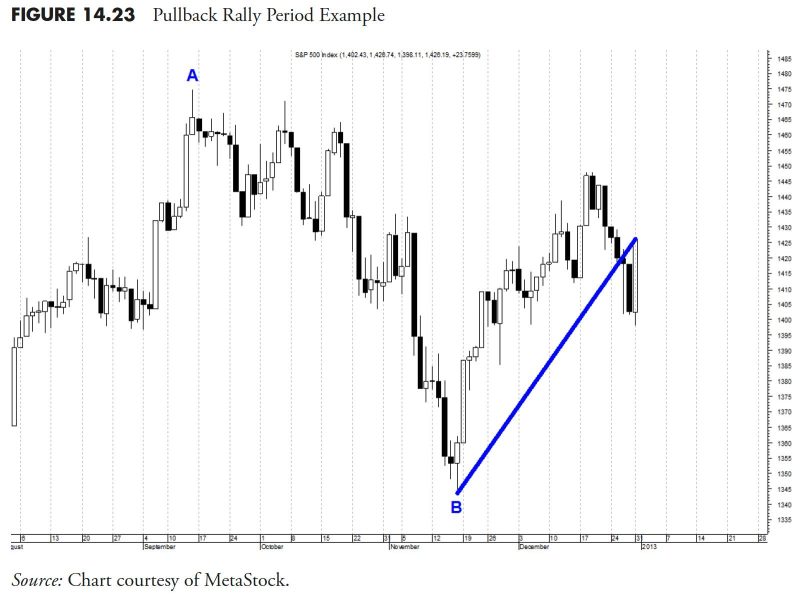In the field of money management, security selection rules and guidelines play a crucial role in determining the success of investment portfolios. By adhering to a set of well-defined criteria and principles, investors can mitigate risks, optimize returns, and make informed decisions when selecting securities for their portfolios. In this article, we will delve into some key security selection rules and guidelines that can help investors navigate the complex world of finance more effectively.
#1. Understand the Investment Objectives: Before selecting any security, it is essential to have a clear understanding of the investment objectives. Whether the goal is to generate income, achieve growth, or preserve capital, aligning the security selection process with these objectives is fundamental.
#2. Conduct Thorough Research: Extensive research is the foundation of effective security selection. Investors should analyze various factors such as the company’s financial health, industry trends, competitive positioning, and macroeconomic conditions before making any investment decisions.
#3. Diversify the Portfolio: Diversification is a key risk management strategy that involves spreading investments across different asset classes, industries, and geographical regions. By diversifying the portfolio, investors can reduce the impact of adverse events that may affect a single security or sector.
#4. Consider Valuation Metrics: Valuation metrics such as price-to-earnings ratio, price-to-book ratio, and dividend yield can provide insights into whether a security is undervalued or overvalued. Investors should compare these metrics with historical averages, industry benchmarks, and peer companies to assess the attractiveness of a security.
#5. Monitor and Rebalance Regularly: Markets are dynamic, and investment strategies need to adapt to changing conditions. Regular monitoring of securities in the portfolio and periodic rebalancing can help investors stay on track with their investment objectives and risk tolerance.
#6. Follow a Disciplined Approach: Emotions can often cloud judgment and lead to irrational investment decisions. By following a disciplined approach based on predetermined rules and guidelines, investors can avoid impulsive actions and maintain a long-term perspective on their investments.
#7. Seek Professional Advice: For investors who lack the time, expertise, or resources to effectively select securities, seeking professional advice from financial advisors or portfolio managers can be a prudent choice. These professionals can provide personalized recommendations based on individual goals and risk profiles.
In conclusion, security selection rules and guidelines are essential tools that investors can leverage to build robust investment portfolios. By adhering to a systematic process, conducting thorough research, diversifying holdings, considering valuation metrics, monitoring portfolios regularly, following a disciplined approach, and seeking professional advice when needed, investors can enhance their chances of achieving their financial goals. Ultimately, strategic security selection is a cornerstone of successful money management and can help investors navigate the complexities of the financial markets with confidence and clarity.
